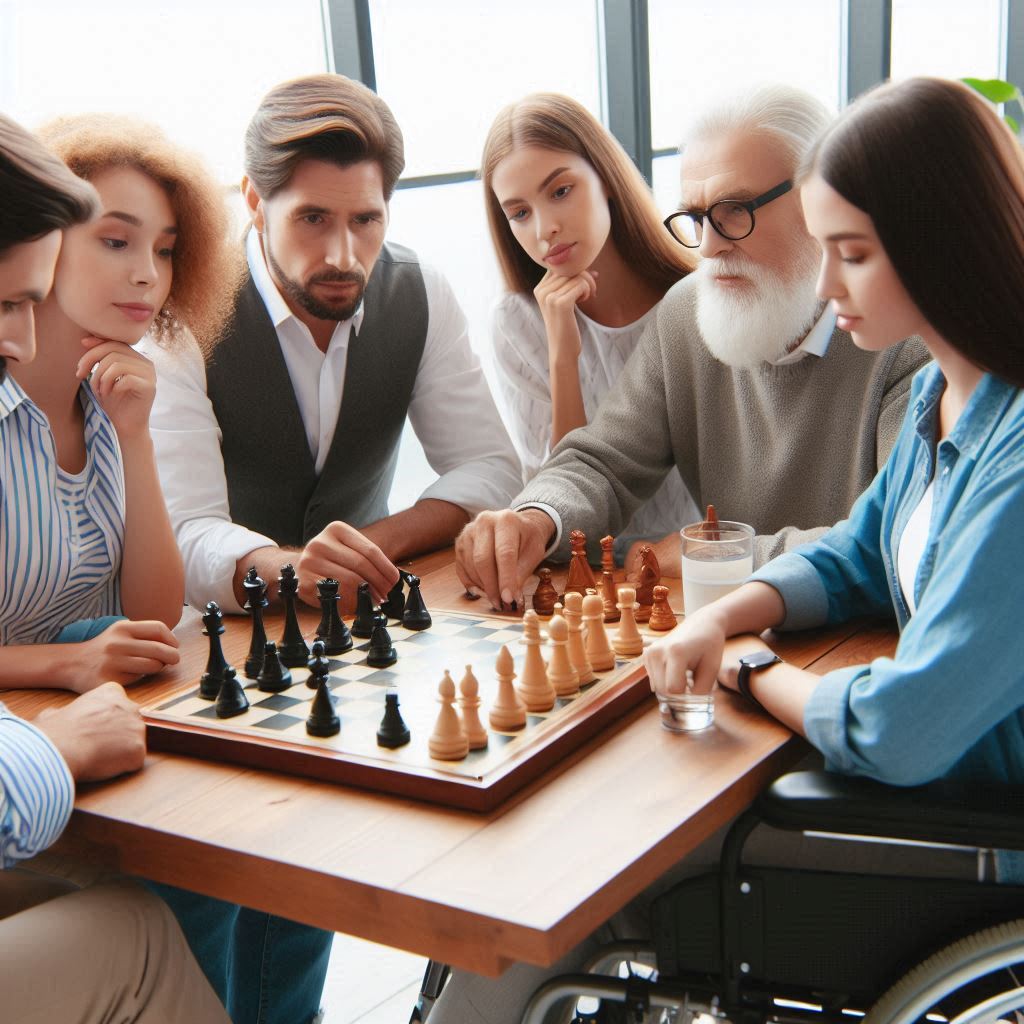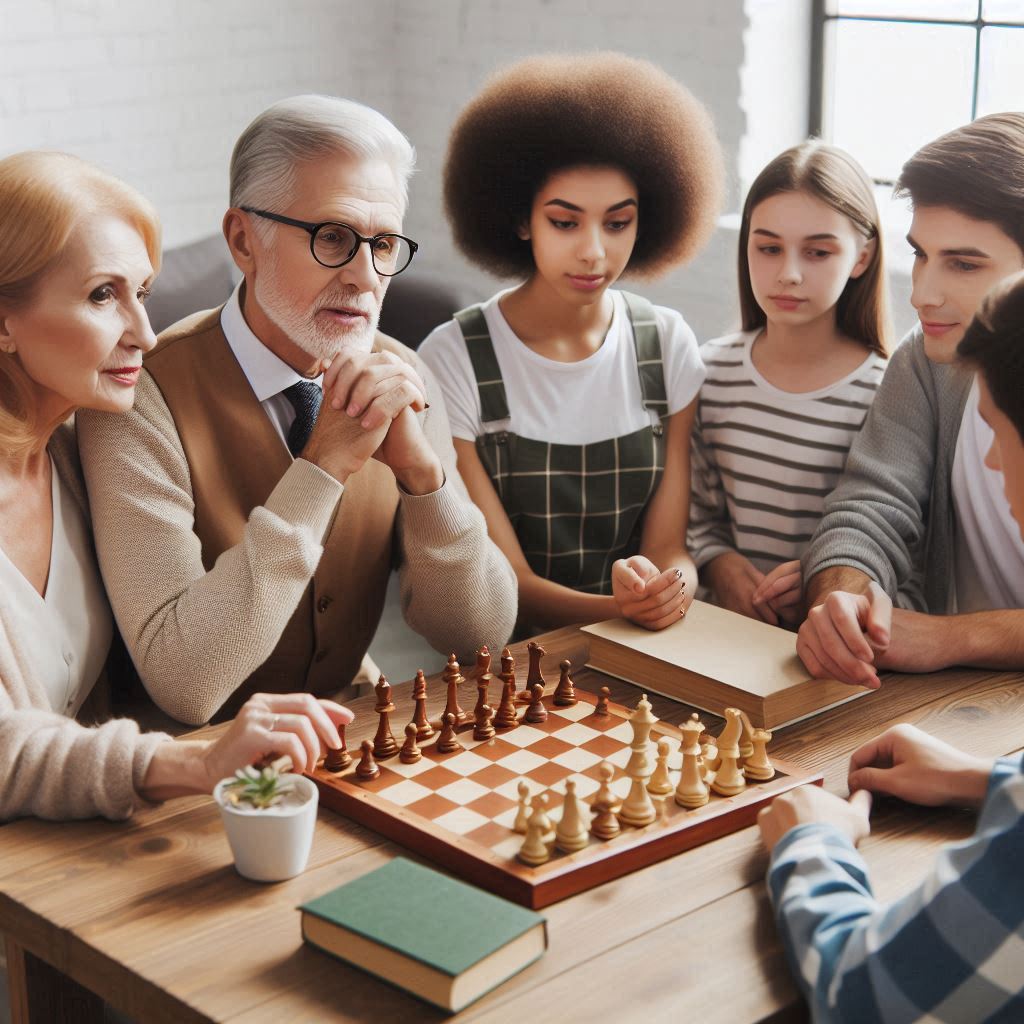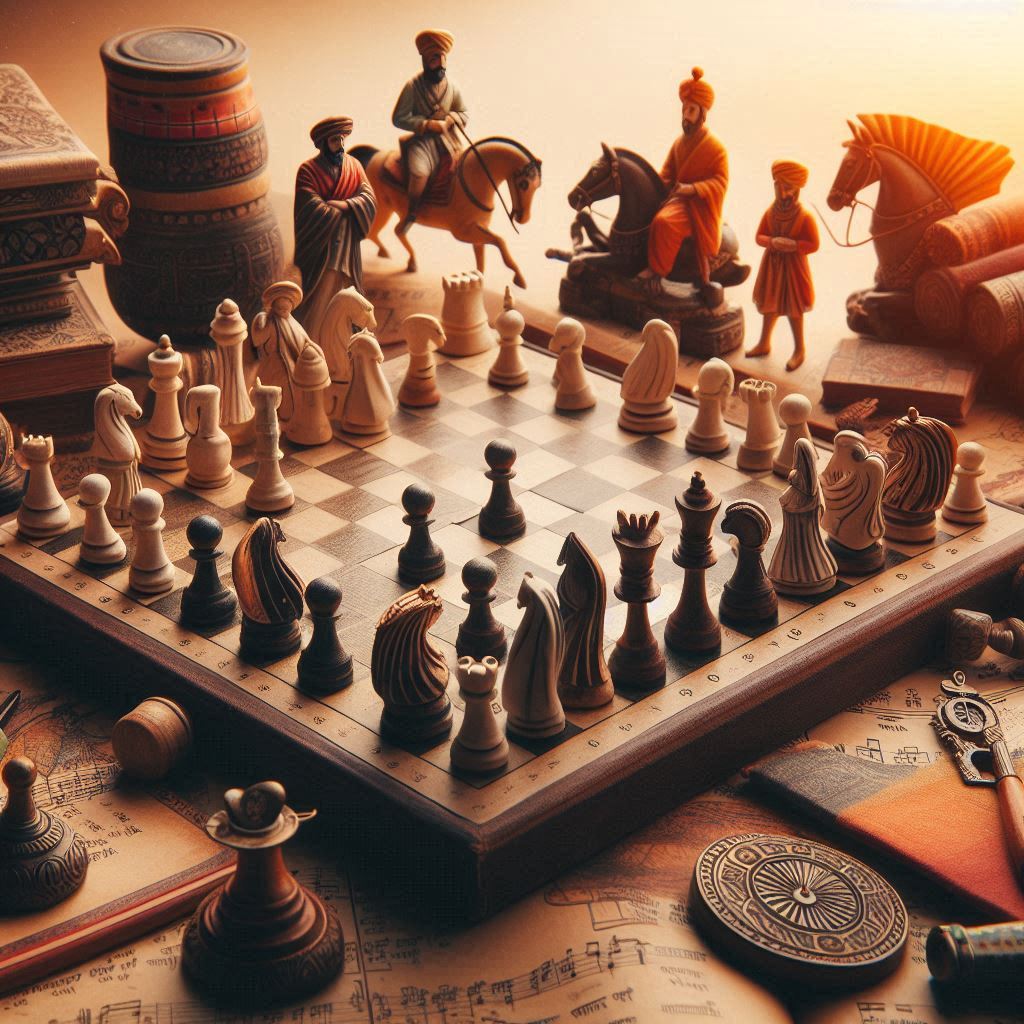Introduction
Participating in a chess tournament is an exciting and challenging experience that requires thorough preparation. Whether you’re a seasoned player or a newcomer, proper preparation can significantly impact your performance and enjoyment of the event. This guide covers essential strategies for studying openings, middle game tactics, endgame techniques, and much more to ensure you are fully prepared for your next chess tournament.
Studying Openings
Selecting Your Repertoire
Having a well-prepared opening repertoire is crucial for gaining an early advantage. Choose openings that suit your playing style and stick to a few main lines to master them thoroughly. Avoid the temptation to learn too many openings superficially.
Deepening Opening Knowledge
Once you’ve selected your repertoire, deepen your knowledge by studying various responses and possible variations. Use chess databases and opening books to explore the theory and understand the typical plans and tactics associated with each opening.
Middle Game Strategies
Positional Play
Middle game strategy often revolves around positional understanding. Focus on concepts like pawn structure, piece activity, and control of key squares. Practice identifying weak squares and exploiting them, and work on improving your positional play through exercises and examples from master games.
Tactical Awareness
Tactics play a crucial role in the middle game. Regularly solve tactical puzzles to sharpen your skills. Pay attention to common patterns such as forks, pins, and discovered attacks, and incorporate tactical themes into your overall strategy.
Endgame Techniques
Key Endgame Principles
Understanding key endgame principles can make the difference between a win and a draw. Study fundamental concepts like opposition, the rule of the square, and king activity. Familiarize yourself with common endgame positions and techniques.
Practicing Common Endgames
Practice common endgames such as king and pawn vs. king, rook endgames, and minor piece endgames. Use endgame manuals and online resources to drill these positions until you can play them accurately and confidently.
Analyzing Past Games
Learning from Mistakes
Analyzing your past games is one of the most effective ways to improve. Look for mistakes and missed opportunities, and understand why they happened. This reflection helps you avoid repeating the same errors.
Identifying Patterns and Weaknesses
Identify recurring patterns and weaknesses in your play. Whether it’s a tendency to miscalculate in tactical positions or struggling with certain types of endgames, recognizing these patterns allows you to focus your training on specific areas.
Physical Preparation
Staying Fit and Healthy
Physical fitness impacts your mental performance. Regular exercise, a healthy diet, and adequate hydration help keep your mind sharp and your body energized. Avoid heavy meals before games and opt for light, nutritious snacks.
Importance of Sleep and Nutrition
Good sleep is crucial for cognitive function. Ensure you get plenty of rest before the tournament, and maintain a consistent sleep schedule. Balanced nutrition supports sustained energy levels and concentration throughout the event.
Mental Preparation
Visualization Techniques
Visualization helps improve your focus and mental clarity. Spend time visualizing different positions and calculating moves in your head. This mental exercise strengthens your ability to foresee consequences and plan effectively.
Managing Stress and Anxiety
Chess tournaments can be stressful. Develop techniques to manage stress and anxiety, such as deep breathing exercises, meditation, or listening to calming music. Stay positive and focus on enjoying the game rather than just the outcome.
Setting Goals
Short-term and Long-term Objectives
Set both short-term and long-term goals for your chess development. Short-term goals might include improving your opening repertoire or solving a certain number of tactical puzzles daily. Long-term goals could involve achieving a specific rating or winning a particular tournament.
Measuring Progress
Regularly assess your progress towards your goals. Use tools like chess engines and online platforms to track your improvement and adjust your training methods as needed. Celebrate your achievements to stay motivated.
Practical Tips for Tournament Day
Packing Essentials
Pack all necessary items for the tournament, including your chess set, clock, score sheets, pen, snacks, and water. Ensure you have a comfortable and quiet place to rest between rounds.
Arriving Early and Settling In
Arrive at the tournament venue early to familiarize yourself with the environment and settle in. Find your board, review the schedule, and take a few moments to relax before the games begin.
Understanding Tournament Rules
Time Controls
Familiarize yourself with the tournament’s time controls. Practice playing games with similar time limits to get used to managing your time effectively under pressure.
Etiquette and Conduct
Understand the etiquette and conduct expected in a tournament setting. Respect your opponent, follow the rules, and maintain a sportsmanlike attitude, regardless of the game’s outcome.
Pre-game Routine
Mental Warm-up
Engage in a mental warm-up before each game. Review key openings, solve a few tactical puzzles, and mentally rehearse your game plan. This routine helps you enter the game with a focused and prepared mindset.
Last-minute Preparations
In the final minutes before the game, double-check your equipment, ensure you have all necessary items, and take a few deep breaths to calm any nerves. Approach the board with confidence and readiness.
During the Game
Staying Focused
Maintaining focus during the game is essential. Avoid distractions and concentrate on the position. Regularly check for threats, calculate accurately, and stick to your strategic plan.
Time Management Strategies
Manage your time wisely. Avoid spending too much time on a single move, and keep an eye on the clock. Use your opponent’s thinking time to plan your moves and anticipate their responses.
Post-game Analysis
Reviewing Your Games
After each game, review it critically, regardless of the outcome. Identify key moments, mistakes, and successful strategies. Post-game analysis is a valuable learning tool.
Learning from Wins and Losses
Learn from both wins and losses. Analyze what went well in your victories and understand the reasons behind your defeats. This balanced approach helps you grow as a player.
Building Stamina
Long Tournament Tips
Long tournaments require stamina. Pace yourself by staying hydrated, eating light snacks, and taking breaks between rounds. Manage your energy levels to remain sharp throughout the event.
Managing Energy Levels
Listen to your body and avoid burnout. If possible, take short walks, stretch, and ensure you get enough rest between games. Keeping your energy up is crucial for maintaining peak performance.
Handling Pressure
Techniques to Stay Calm
Develop techniques to stay calm under pressure. Deep breathing, positive self-talk, and visualization can help manage nerves and keep you focused during critical moments.
Building Mental Resilience
Building mental resilience involves accepting that mistakes happen and learning to recover quickly. Stay positive, maintain perspective, and use setbacks as opportunities for growth.
Using Technology
Chess Software and Tools
Utilize chess software and tools to enhance your preparation. Programs like ChessBase, Stockfish, and online platforms offer analysis, training modules, and practice opportunities.
Online Resources for Practice
Online resources provide a wealth of practice material. Engage in online games, participate in training programs, and solve puzzles to sharpen your skills and prepare for tournament play.
FAQs
What are the best ways to study for a chess tournament?
The best ways to study include focusing on your opening repertoire, practicing middle game tactics, mastering key endgame principles, and analyzing past games. Consistent practice and targeted study are essential.
How can I manage stress during a chess tournament?
Manage stress by developing a pre-game routine, practicing relaxation techniques, and staying positive. Focus on the process rather than the outcome and use visualization to prepare mentally.
What should I pack for a chess tournament?
Pack essentials such as your chess set, clock, score sheets, pen, snacks, water, and any personal items you may need. Ensure you have everything required for a comfortable and successful tournament experience.
How important is physical fitness for chess players?
Physical fitness is important as it impacts mental performance. Regular exercise, proper nutrition, and adequate sleep help maintain cognitive function and energy levels during long tournaments.
How can I improve my time management skills in chess?
Improve time management by practicing games with similar time controls, avoiding spending too much time on a single move, and using your opponent’s thinking time to plan ahead. Regularly review your time usage and adjust as needed.
What should I do after each game in a tournament?
After each game, review it critically, identify key moments and mistakes, and learn from both wins and losses. Post-game analysis is a valuable tool for continuous improvement.
Conclusion
Preparing for a chess tournament involves a combination of strategic study, physical and mental preparation, and practical planning. By focusing on key areas such as openings, middle game tactics, endgame techniques, and time management, you can enhance your performance and enjoy a rewarding tournament experience. Stay motivated, keep learning, and embrace the challenge of competitive chess.



